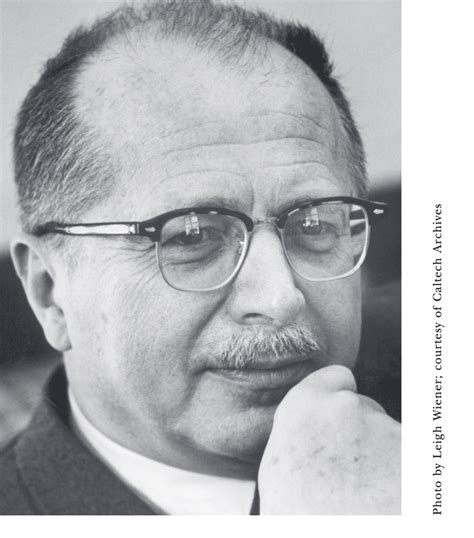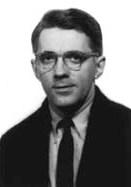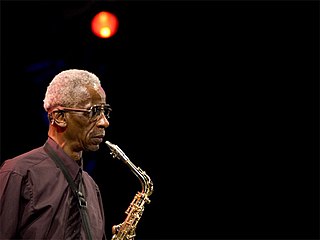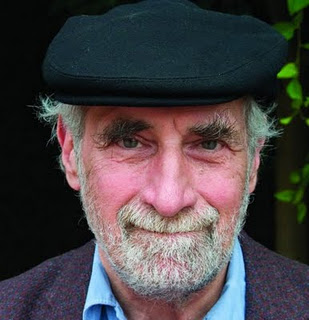A Quote by Gertrude Stein
The composition is the thing seen by everyone living in the living they are doing, they are the composing of the composition that at the time they are living is the composition of the time in which they are living.
Related Quotes
Composition is a process of combination, in which thought puts together complementary truths, and talent fuses into harmony the most contrary qualities of style. So that there is no composition without effort, without pain even, as in all bringing forth. The reward is the giving birth to something living--something, that is to say, which, by a kind of magic, makes a living unity out of such opposed attributes as orderliness and spontaneity, thought and imagination, solidity and charm.
Composition is a side issue. Its role in my selection of photographs is a negative one at best. By which I mean that the fascination of a photograph is not in its eccentric composition but in what it has to say: its information content. And, on the other hand, composition always also has its own fortuitous rightness.
In some exquisite critical hints on "Eurythmy," Goethe remarks, "that the best composition in pictures is that which, observing the most delicate laws of harmony, so arranges the objects that they by their position tell their own story." And the rule thus applied to composition in painting applies no less to composition in literature.
In a certain sense I made a living for five or six years out of that one star [? Sagittarii] and it is still a fascinating, not understood, star. It's the first star in which you could clearly demonstrate an enormous difference in chemical composition from the sun. It had almost no hydrogen. It was made largely of helium, and had much too much nitrogen and neon. It's still a mystery in many ways ... But it was the first star ever analysed that had a different composition, and I started that area of spectroscopy in the late thirties.
When I was small child, all that belonged to conservative society was fashionable, and no republicans were welcome in the smartersalons. People living in such a milieu could imagine that the impossibility of ever inviting an "opportunist", much less a "radical", was a thing that would last forever, like gas lamps and horse-drawn omnibuses. But similar to kaleidoscopes turning from time to time, society successively places in various ways elements which were thought to be immutable and creates a new composition.
In 1968 I ran into Steve Lacy on the street in Rome. I took out my pocket tape recorder and asked him to describe in fifteen seconds the difference between composition and improvisation. He answered: "In fifteen seconds the difference between composition and improvisation is that in composition you have all the time you want to decide what to say in fifteen seconds, while in improvisation you have fifteen seconds." His answer lasted exactly fifteen seconds.
I know that the materials found on the streets is rich and wonderful, but my experience is that the way I am accustomed to work, slowly planning my composition etc. is not suited for such work. By the time I have the composition or expression right, the picture is gone. I guess I want to do the impossible and therefore I do nothing.







































